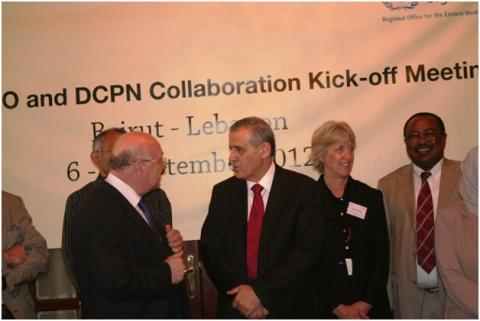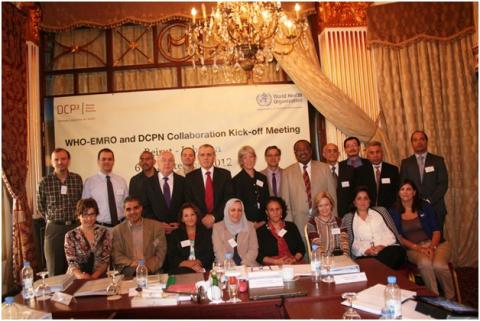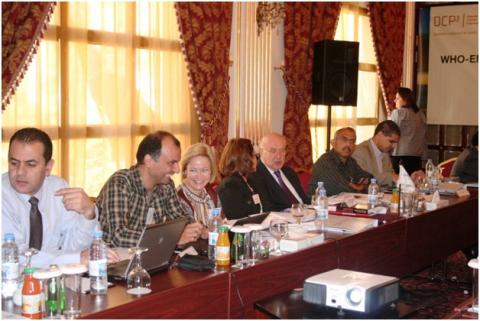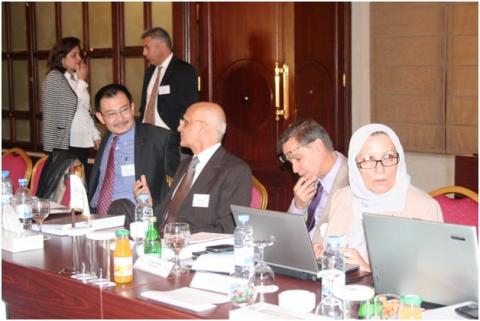Eastern Mediterranean (WHO-EMRO)
- afghanistan
- bahrain
- djibouti
- egypt
- iran
- iraq
- jordan
- kuwait
- lebanon
- libya
- morocco
- palestine
- oman
- pakistan
- qatar
- saudi_arabia
- somalia
- sudan
- syria
- tunisia
- united_arab_emirates
- yemen
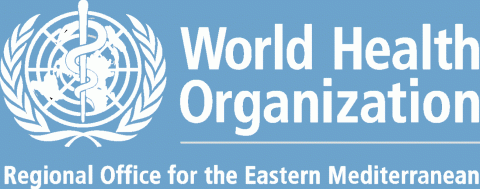 Prevention and Control of Noncommunicable Diseases in the Middle East
Prevention and Control of Noncommunicable Diseases in the Middle East
The WHO Regional Office for the Eastern Mediterranean works in a culturally and economically diverse region of the world with growing challenges in the health realm but strong human resources. With an increasing burden of noncommunicable disease, increased urbanization, and changes in lifestyle, the region has the highest prevalence of diabetes among the WHO regions. Furthermore, it is one of the two most physically inactive regions with its population getting increasingly overweight. Therefore, prevention and control of NCDs is one of EMRO’s highest priorities. The DCP Country Network was invited by Regional Director, Dr. Ala Alwan, to work with country experts in the region to build evidence for priority-setting for NCD prevention and control. Before taking the helm at EMRO, Dr. Alwan served at WHO as the Director for Noncommunicable Diseases Prevention and then the Director of the Department of Noncommunicable Diseases Management.
The DCP Country Network is collaborating with Dr. Alwan and WHO-EMRO on several identified priorities. First, DCP’s Country Network is working with the WHO-EMRO to train economic experts throughout the region in cost-effectiveness (both standard and extended) and burden of disease. Second, the DCP3 experts are collaborating with regional experts to carry out economic evaluation of key NCD policy interventions. These analyses will inform development of NCD priorities in EMRO countries. The DCP is also supporting EMRO to produce a major policy guidance document on Non-communicable Disease Priority-Setting in the region. This publication will focus on NCD conditions, policies, and interventions to inform governments and support them in establishing and implementing programs to prevent and control NCDs. The partnership officially got underway in early September 2012 with a meeting in Beirut, Lebanon sponsored by WHO-EMRO and DCP3. Global and regional NCD and economics experts attended and reached conclusions about the most urgent NCD issues to address through the collaboration.
Click here for the Meeting Agenda
